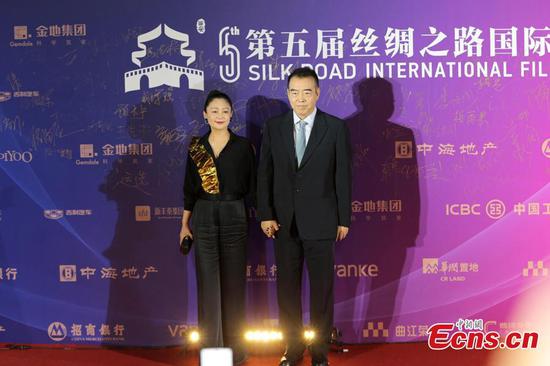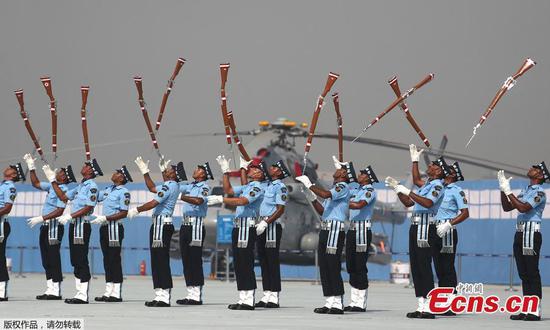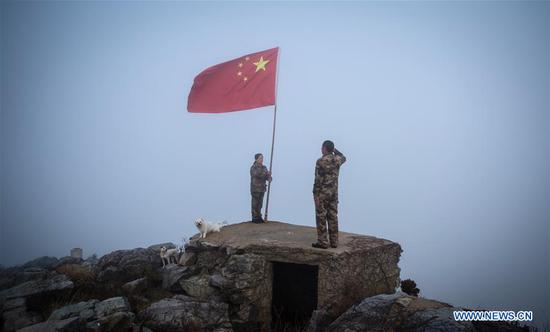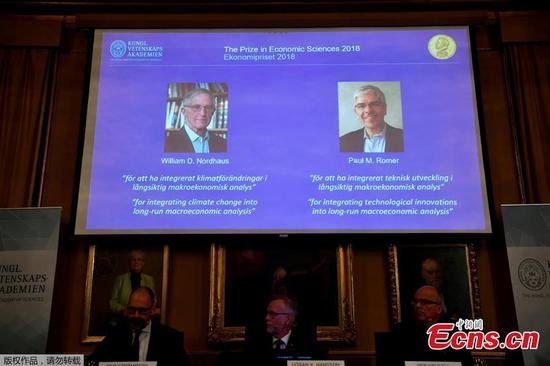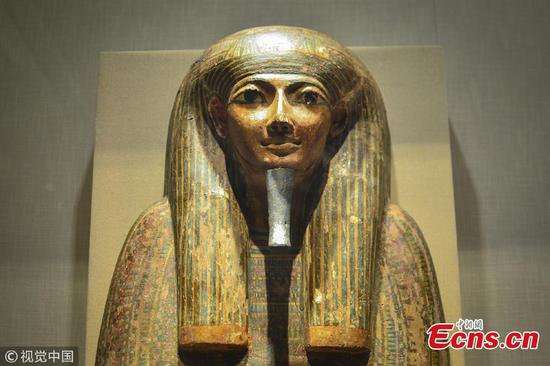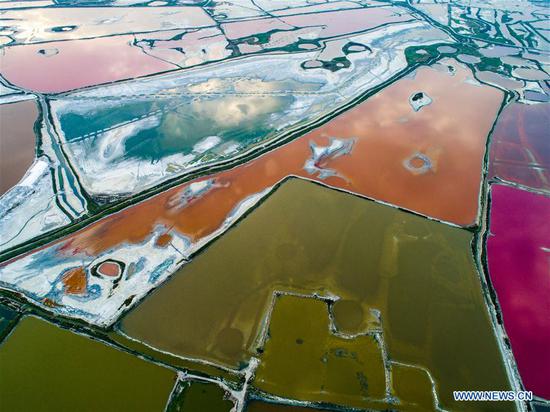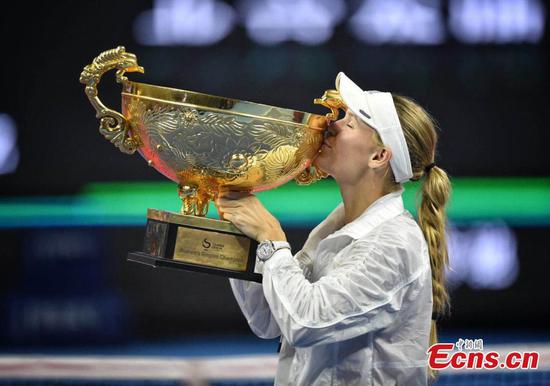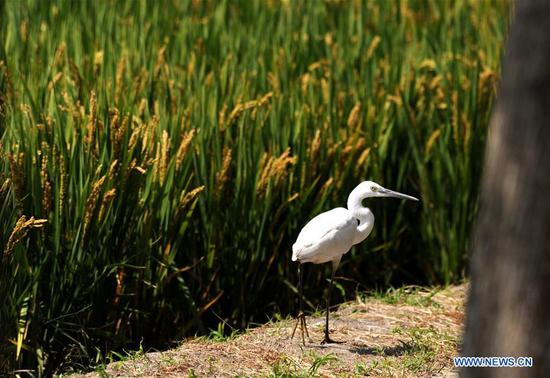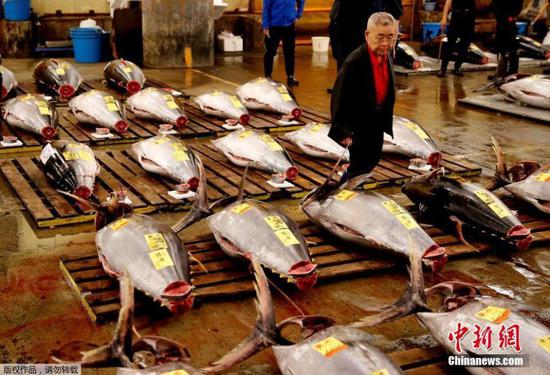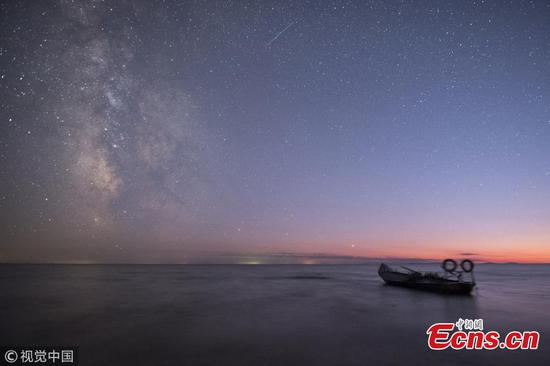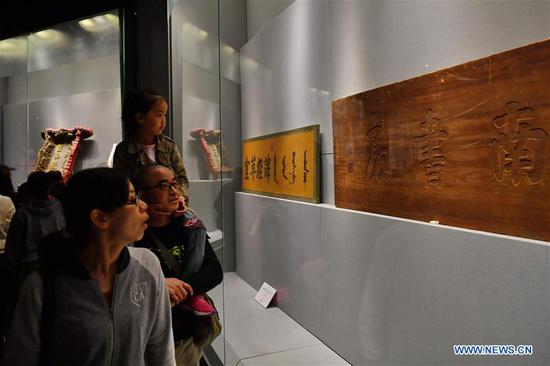Former NASA astronaut Scott Kelly apologized for quoting Winston Churchill online after evoking opposition from people who claimed the wartime British prime minister was racist.
Kelly, who is also United Nations Champion for Space and has 5.76 million followers on Twitter, tweeted on Sunday, alluding to the deep divisions in U.S. politics: "One of the greatest leaders of modern times, Sir Winston Churchill said, 'in victory, magnanimity.' I guess those days are over."
Churchill led Britain, along with the efforts of other Allied powers, in defeating Nazi Germany in 1945. He wrote the book "The Second World War" and summarized its moral as "In war: resolution. In defeat: defiance. In victory: magnanimity. In peace: goodwill."
Kelly's tweet was met with criticism from anti-racism activists who accused him of ignorance, claiming that Churchill was racist and cruel. They linked Churchill with the 1943 Bengal famine in India which his administration did not do much about, leaving millions dead.
Kelly, who is also a retired U.S. Navy captain, soon went on to apologize and clarify that he did not mean to offend by quoting Churchill. "I will go and educate myself further on his atrocities, racist views which I do not support. My point was we need to come together as one nation. We are all Americans. That should transcend partisan politics."
Kelly's apology, however, evoked fervent opposition from those who saw nothing wrong with his deeds. British TV presenter Piers Morgan termed Kelly's behavior "gutless surrender to the howling Twitter mob," while media personality Katie Hopkins accused Kelly of "cowardice" and "grovelling."
Canadian politician Jason Kenney said: "We're now at the point where one needs to apologize for quoting Churchill? He wasn't perfect (hard to judge any historical figure by today's standards). But do we really think we'd be better off if Churchill didn't lead the charge against Nazi Germany?"
U.S. scholar Christina Sommers also disagreed with Kelly's apology, saying everyone has human failings and Churchill possessed "genuine greatness" that "may have saved freedom and democracy."
In a BBC nationwide poll that garnered more than a million votes in 2002, Churchill was named the greatest Briton of all time, before Charles Darwin, William Shakespeare and Isaac Newton.













